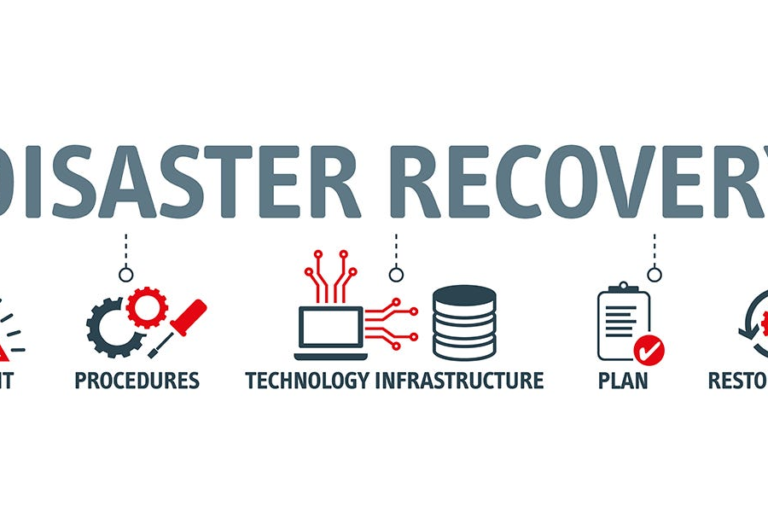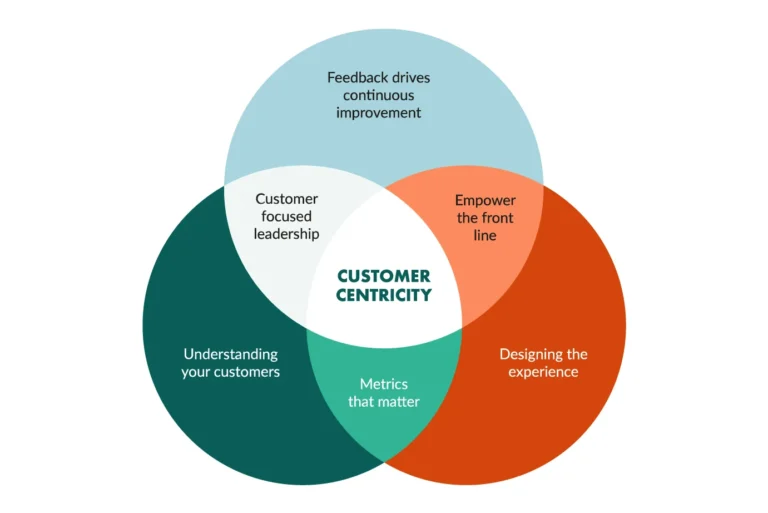The Science Behind Online Therapy: Understanding its Efficacy
Key Takeaways:
- Online therapy offers accessibility and convenience for people with various constraints.
- It provides a flexible and comfortable environment for sharing personal feelings.
- Research supports the effectiveness of online therapy in treating mental health issues.
- It is a cost-effective solution compared to traditional face-to-face therapy sessions.
- Privacy and anonymity are enhanced in online therapy settings.
Accessibility and Convenience
One of the most significant benefits of online therapy is its unparalleled accessibility, especially for individuals in remote or underserved areas. According to NPR, many people face challenges finding mental health services in their vicinity, making online therapy an invaluable option. With a stable internet connection, individuals can connect with licensed therapists from anywhere, effectively bridging the gap between geographical limitations and the critical need for mental health support.
Accessibility is particularly beneficial for individuals living in rural or remote areas where mental health services are limited or non-existent. Moreover, online therapy eliminates limited transportation options or long-distance travel, which can be considerable barriers for many. By providing a virtual means of connecting with mental health professionals, online therapy ensures that everyone can receive the care they need regardless of physical location. This is especially crucial for people with physical disabilities or chronic illnesses that make traveling difficult. For these individuals, the accessibility afforded by online therapy can be life-changing.
Furthermore, the convenience of online therapy is a game-changer, particularly for those with demanding schedules. Traditional therapy appointments often require taking time off work or reconfiguring daily routines, whereas online sessions can seamlessly integrate into one’s day. It is simpler for working professionals, parents, and other caregivers to prioritize their mental health thanks to this flexibility without having to sacrifice their other commitments. The typical stress of cramming treatment into an already hectic schedule is lessened when appointments may be scheduled at suitable times. Better mental health outcomes may arise from increased regular attendance and participation in therapy sessions.
Comfort and Flexibility
Online counseling provides a certain kind of ease and adaptability that traditional counseling frequently does not. In the familiar and safe setting of their homes, clients can attend sessions, which may facilitate the discussion of delicate and private matters. This arrangement lessens the tension that comes with commuting and fosters a more laid-back environment, both of which may encourage more direct and honest communication. It can be less stressful for clients to share their thoughts and feelings in a comfortable setting because they will not feel as pressured to do so in an unfamiliar one.
Additionally, the flexibility in scheduling is a notable benefit. Whether it’s a late-night session after the kids are in bed or a quick check-in during a lunch break, online therapy caters to clients’ varied lifestyles. This adaptability is particularly beneficial for those with non-traditional work hours or frequent travelers, ensuring they can maintain a consistent therapeutic relationship regardless of their location or schedule. The flexibility also extends to therapists, who can offer a more diverse range of appointment times, thus enhancing the overall accessibility of mental health services. This means clients can find therapists whose schedules align more closely with their own, increasing the likelihood of finding a suitable and enduring therapeutic match.
Furthermore, choosing the environment can greatly enhance the therapeutic experience. Whether it’s a cozy corner of a home or a secluded park bench, patients can select spaces where they feel most comfortable and secure, thus fostering a more open and honest dialogue with their therapists. This autonomy in choosing a therapeutic setting can lead to more effective sessions, as clients are more relaxed and at ease in their chosen environment. Reducing external stressors enhances therapeutic outcomes and a more focused and productive therapy session. For some, being in a personal space may also encourage using personal items, such as art supplies or journal entries, which can be integrated into the therapy process, adding layers to therapeutic work.
Proven Effectiveness
For a variety of mental health conditions, research continuously shows that online therapy is just as beneficial as conventional in-person therapy. A study conducted by the American Psychological Association (APA) found that post-traumatic stress disorder (PTSD), anxiety, and depression can all be effectively treated with internet therapy. The effectiveness of the therapeutic alliance and the efficient use of evidence-based practices are crucial to this outcome. Effective therapy is predicated on open communication and trust, both of which can be attained via online communication tools like instant messaging and video conferencing.
For instance, cognitive-behavioral therapy (CBT) and other therapeutic approaches have been adapted for the online format with impressive outcomes. Multiple studies highlight that clients receiving online CBT experience similar reductions in symptoms as those attending in-person sessions. This evidence underscores the potential of online therapy to provide high-quality mental health care that meets the same standards as face-to-face therapy. The flexibility of online platforms also allows therapists to incorporate various multimedia tools, such as worksheets and videos, which can enhance the therapeutic process. These tools provide additional avenues for clients to engage with and reflect on the material discussed in sessions, thus reinforcing therapeutic concepts and techniques.
Additionally, the success of online therapy can be attributed to the personalized and interactive nature of the sessions. Therapists can tailor the therapy to meet each client’s specific needs, using tools such as video conferencing, instant messaging, and email to maintain consistent communication. This constant accessibility to the therapist can be crucial for clients who require frequent support, ensuring they receive timely interventions and guidance. The robust communication framework supports a strong therapeutic alliance, which is a critical factor in the effectiveness of any therapeutic approach. The ability to send messages outside of scheduled sessions can provide clients with a sense of ongoing support and continuity, which can be particularly important during times of crisis or heightened stress.
Cost-Effectiveness
The cost of therapy often acts as a barrier to accessing mental health services. However, online therapy typically costs less than traditional face-to-face sessions. This affordability makes mental health care accessible to a broader audience. Additionally, clients can save on travel expenses, which can be significant, especially for those far from available therapists. This financial advantage is particularly beneficial in reducing the economic burden on clients, allowing them to engage in therapy without the additional cost-related stress. For many, the lower cost of online therapy can mean the difference between seeking help and going without, making this model a crucial tool in broadening access to mental health care.
Importantly, the lower cost does not compromise the quality of care. The reduced overhead costs for therapists, such as office space and utilities, often translate into client savings. This financial aspect is crucial for increasing the accessibility of mental health services, allowing individuals from various socio-economic backgrounds to seek the help they need. As a result, more people can benefit from ongoing therapeutic support without the financial strain that typically accompanies traditional therapy. The cost savings also extend to reduced time away from work, fuel costs, and other incidental expenses related to in-person therapy. This comprehensive reduction in associated costs makes online therapy a more viable and sustainable option for a larger population segment.
Moreover, many online therapy platforms offer subscription-based models that provide continuous care at a fixed rate, making it easier for clients to budget their mental health expenses. This systematic approach to payment further contributes to the cost-effectiveness of online therapy, providing an affordable and sustainable solution for long-term mental health care. The availability of various payment plans and financial assistance programs also ensures that therapy remains accessible to all, regardless of their financial situation. This structure benefits clients and allows therapists to manage their practices more effectively, contributing to greater stability and predictability in the provision of services.
Privacy and Anonymity
Privacy and anonymity are paramount for many individuals seeking therapy, and online platforms are well-suited to fulfill these needs. Clients can attend sessions without encountering acquaintances, a common worry in traditional therapy settings. This added layer of discretion can help alleviate the stigma often associated with seeking mental health support, encouraging more people to pursue therapy. Accessing therapy discreetly can be particularly appealing to those in small communities where privacy concerns are more pronounced. For some, being able to access therapy from home means they can avoid explaining their absence or diverting attention to their need for mental health services, providing them with a greater sense of control and autonomy.
Moreover, online therapy platforms utilize encrypted communication channels to ensure the confidentiality of sessions. This technological measure provides clients with a secure environment where they can freely discuss their issues, knowing their privacy is protected. This assurance promotes a sense of security and trust, vital for effective therapy. By addressing concerns about privacy and anonymity, online therapy makes mental health services more approachable and less intimidating for those in need. Knowing that their conversations are secure encourages clients to be more open and honest, which enhances the therapeutic process. For many, the confidence in the security measures instills greater trust in the therapeutic relationship, leading to more effective engagement and outcomes.
Additionally, the discreet nature of online therapy can reduce the anxiety associated with seeking help. Clients can avoid the potential embarrassment of being seen entering a therapist’s office, which can be a significant deterrent in seeking care. This anonymity removes a critical barrier, allowing individuals to seek therapy without fear of judgment or exposure. The assurance of privacy can also encourage more individuals to explore therapy as a viable option for managing their mental health, thus broadening the reach and impact of therapeutic services. Communicating from a private and comfortable environment can further facilitate a deeper level of self-disclosure, which is critical for effective therapeutic work.
Keep an eye for more news & updates on Glamouruer.com






